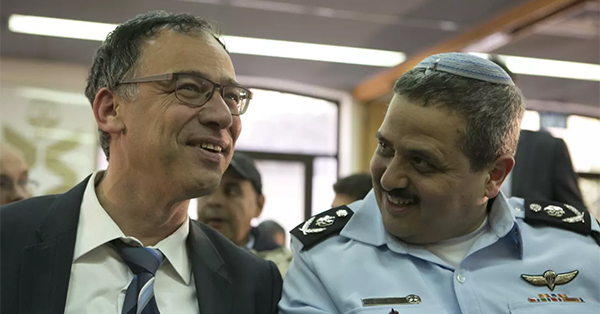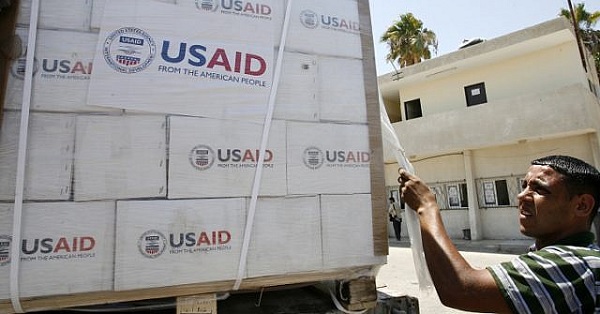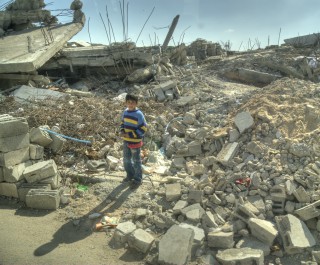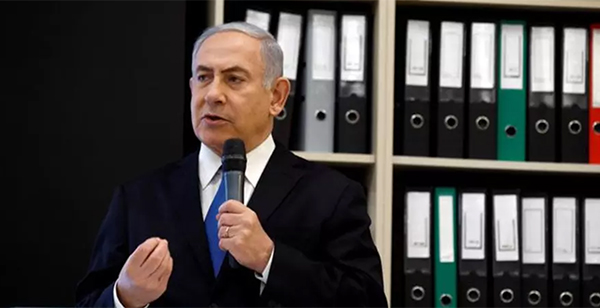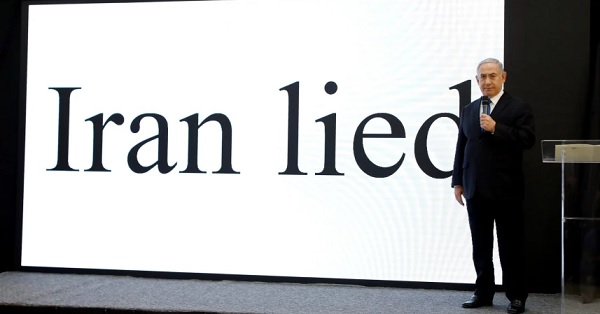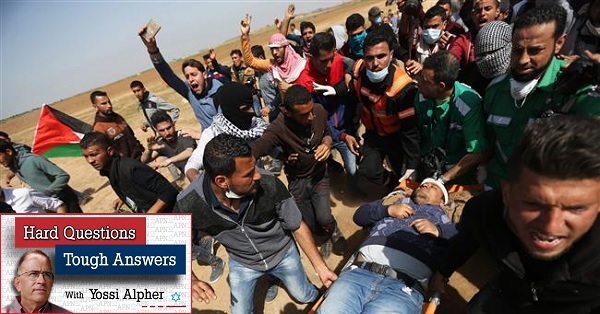The Honorable Mike Pompeo
Secretary of State
Department of State
Washington, DC 20520
Dear Secretary Pompeo:
We write regarding the urgent need to alleviate the ongoing humanitarian crisis in the Gaza Strip. The territory’s
lack of power, clean water, adequate
medical care and other necessities not only exacerbates the hardships faced by Gaza’s population, but redounds to
the benefit of extremist groups who use this deprivation and despair to incite violence against Israel.
A 2012 UN report predicted that, if current trends continued, Gaza would become unlivable. A follow-up report last
year said that that day might have already come. According to the Israeli human rights group B’tselem, “The coastal
aquifer, which Gaza relies on as its primary water source, has been polluted by over-pumping and wastewater
contamination. As a result, 96.2% of the water pumped from the aquifer and supplied for domestic use in Gaza is
unsafe to drink.” According to Oxfam, this water pollution is among the factors causing a dramatic increase in
kidney problems among Gaza’s population.
As Israel Defense Forces officials warned earlier this year, the humanitarian crisis increases the chances of
incidents at the border fence that can turn deadly. Israeli security officials also believe conditions in Gaza
could worsen to the point of a total collapse of order in the territory, leading to all-out confrontation between
and among various Gazan factions and Israel.
There is much blame to go around for the horrific conditions in Gaza. Hamas – due to its ongoing repression,
corruption and insistence on pursuing a violent struggle against Israel – bears significant responsibility for the
deteriorating situation. While Israel withdrew its forces from within Gaza in 2005, its continuing control of
Gaza’s air, sea, and northern, southern, and eastern borders, and its restrictions on the freedom of movement of
people, legitimate goods and equipment in and out of Gaza, have made the humanitarian situation worse. Egypt and
the Palestinian Authority must also play a more constructive role.
The United States can help avoid further conflict and bloodshed by taking and encouraging steps to improve both the
quality of life for Palestinians in Gaza as well as Israeli security. As a first step, the United States should
restore its funding of the United Nations Relief and Works Agency for Palestine Refugees (UNRWA). Israeli defense
officials specifically stated that U.S. withholding of UNRWA funding could worsen the humanitarian crisis in Gaza
and even spark an uprising in the territory.
The United States should also encourage the easing of restrictions on the movement of people, goods and equipment
in and out of the territory, especially for materials and supplies related to critical infrastructure such as water
projects, and health essentials such as medicine and hospital supplies. Multiple parties should also be engaged to
ensure greater electricity flow into Gaza to meet the territory’s desperate need for energy.
The United States should also put its weight behind proposals to build Gaza’s economy through bold initiatives such
as the proposed Gaza Seaport. Supported by a broad range of Israeli security and cabinet officials, the new port
facility could boost Gaza’s economy by vastly improving the territory’s access to goods and markets worldwide. This
access to regular commerce is critical to ensuring that Palestinians in Gaza can reduce their reliance on aid and
build a sustainable future for themselves.
The political and security challenges in Gaza are formidable, but support for the basic human rights of its people
must not be conditioned on progress on those fronts. For the sake of Israelis and Palestinians alike, the United
States must act urgently to help relieve the humanitarian crisis in the Gaza Strip. We stand ready to work with you
on this important matter.
Sincerely
 Since President Donald Trump took office, the Israeli right has
launched an unprecedented drive to annex the West Bank, piecemeal or in its entirety.
Since President Donald Trump took office, the Israeli right has
launched an unprecedented drive to annex the West Bank, piecemeal or in its entirety.
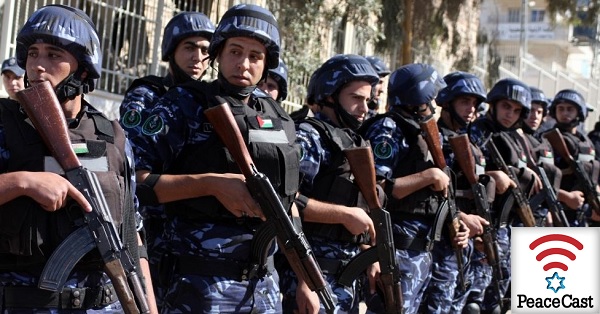
 Why does the Palestinian Authority continue its security collaboration with Israel even today,
when Israeli-Palestinian political relations are at an all-time low? What is the nature of this cooperation? Who
are the Palestinian security forces? How sustainable is their law-enforcement and counter-terrorism assignment?
How long can they continue collaborating with Israel at the absence of any progress toward a political accord
between Israel and the Palestinians?
Why does the Palestinian Authority continue its security collaboration with Israel even today,
when Israeli-Palestinian political relations are at an all-time low? What is the nature of this cooperation? Who
are the Palestinian security forces? How sustainable is their law-enforcement and counter-terrorism assignment?
How long can they continue collaborating with Israel at the absence of any progress toward a political accord
between Israel and the Palestinians?
